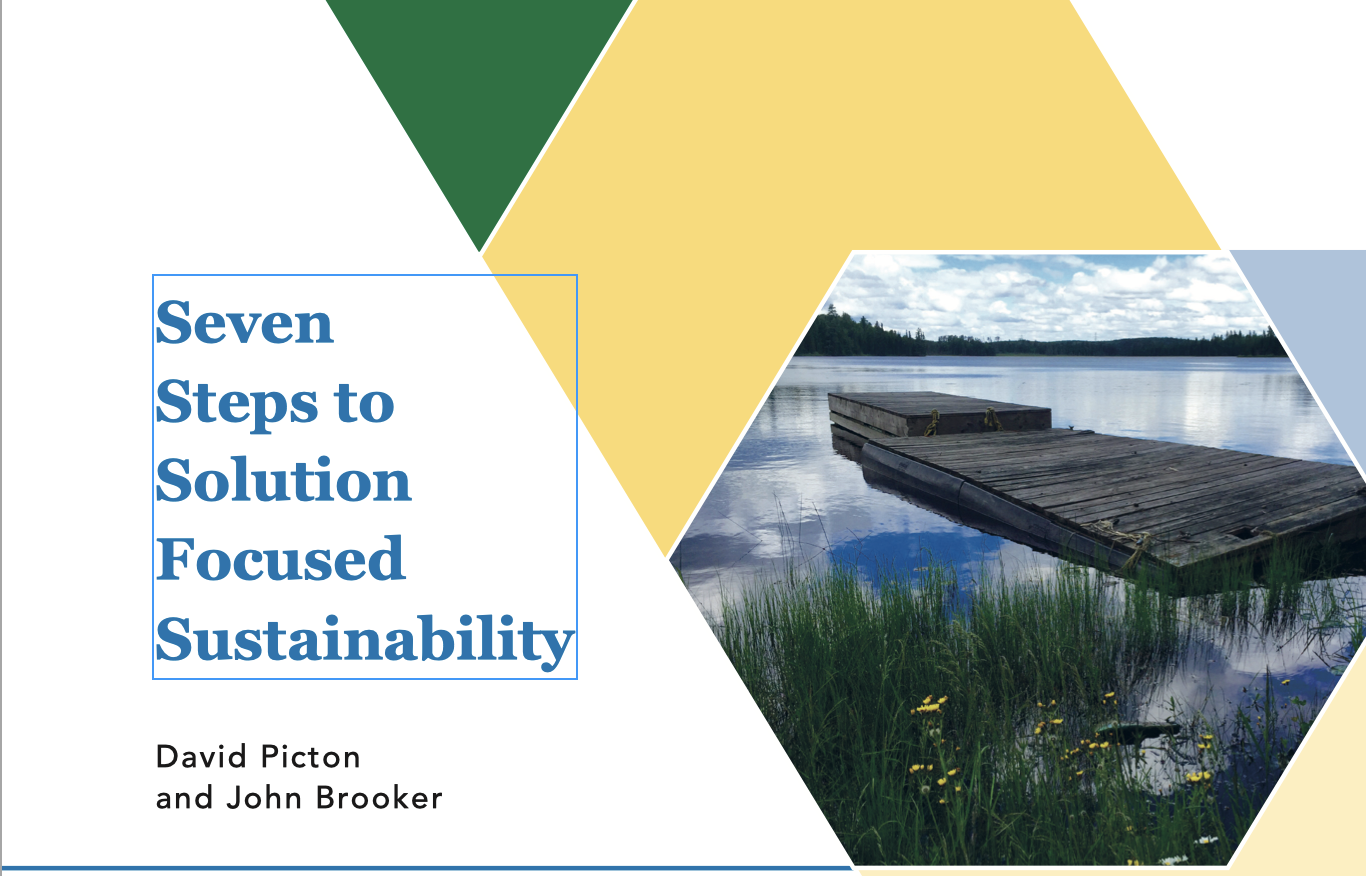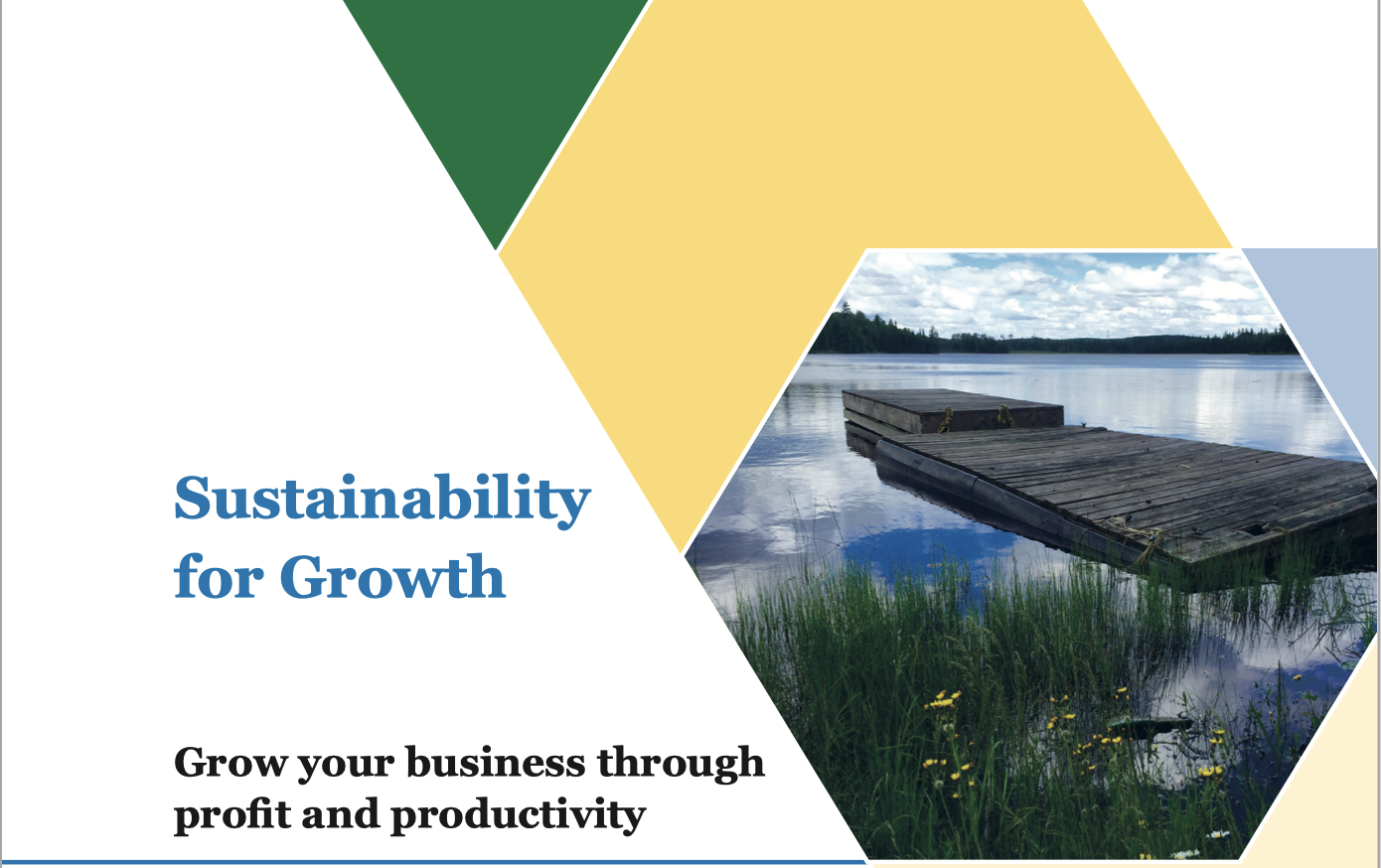Solution Focused Sustainability
Solution Focused Sustainability (SFS) helps you develop sustainable solutions
for complicated challenges, focusing on collaboration and strengths.
- Are you just starting out on your journey to become a sustainable organisation? Bewildered by the complexity? Feeling guilty? Lost in the abbreviations and acronyms?
- Maybe you have already started but staff are not engaging and you can’t get traction for your initiatives?
- Perhaps you are already world-class in sustainability and need to polish your strategic ambitions?
SFS encourages discretionary effort, engages people quickly and kindles the energy to make change happen.
With SF Sustainability, we have merged two concepts:- Sustainable Leadership: Supports financial growth for your business, creates value for the communities you work with and enables the environment to sustain life as nature intended.
- Solution Focus: Enables you to develop sustainable solutions for complicated challenges through a collaborative, strength-based and low risk, step by step approach
Our track record:
David Picton has over 10 years of leading and delivering best-in-class sustainability programmes and initiatives. Outcomes have included direct engagement with the UN to shape its Sustainable Development Goals and earning the prestigious Queen’s Award for Enterprise for sustainable development. John Brooker has over 15 years’ experience of facilitating teams internationally to collaborate using the Solution Focus and creative thinking approaches coupled with eighteen years of leading in international organisations.Curious to find out more about Solution Focused Sustainability?
Download our brochure, article, and / or podcast below and contact David Picton on [email protected] or John Brooker on [email protected] to set up a call.
SF is low-risk because it tackles progress in smaller steps, enables you to prove concepts through speedy trials and offers quick paybacks. Two good examples of the approach in use are:
- Consultants on a key infrastructure project used SF to engage industry expertise, exploring innovative ways to identify potential savings on a budget worth around £1.4bn (approximately 9% at the time). (Source: InterAction Journal of Solution Focus in Organisations – Vol 7 / 2; ‘Achieve Tough Targets: John Pelton on using Solution Focus to achieve a tough target and resolve a difficult challenge at HS2 interview by John Brooker). Click title to download.
- A UK government agency division was facing a 200% increase in the number of live projects. Using an SF approach, they handled that surge with only a 15% staff increase, whilst also improving engagement by 20%. (Source: InterAction Journal of Solution Focus in Organisations – Vol 8 / 2; ‘Moving Fast at Highways England: Using SF to engage complex adaptive responses’ by Carey Glass and Jeremy Bloom). Click title to download.


